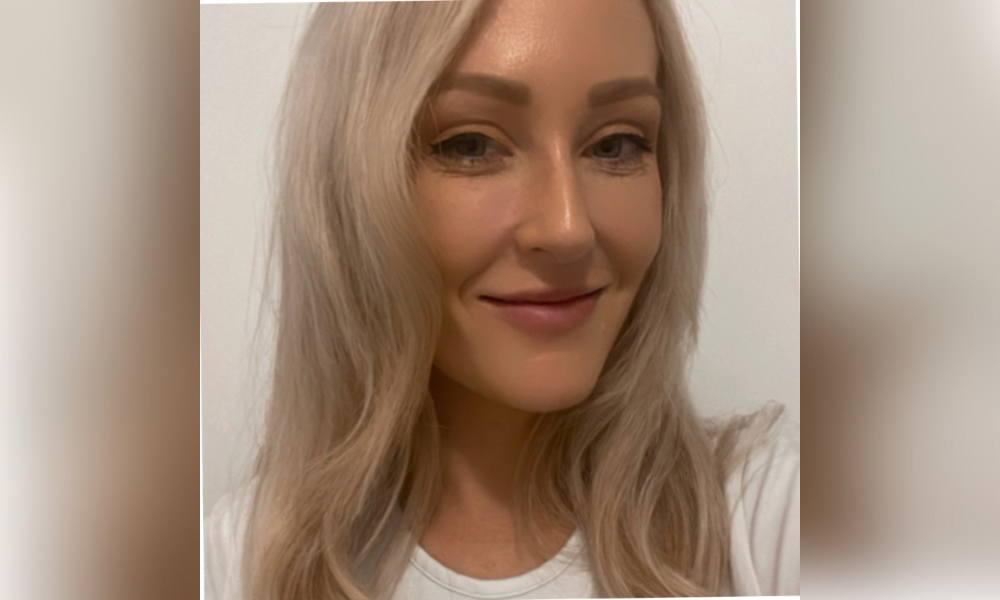
Emerging HR leader on the future of the workforce: 'I hope we're working three-day weeks'

Since 2015, Millennials have dominated the workforce, and now, Generation Z is swiftly making its mark in offices, signalling a dual generational impact poised to reshape the C-suite. As millennials prepare to step into leadership roles, a transformation is underway.
Millennials came of age in a world that prescribed success as obtaining a university degree and diving into demanding 80-hour work weeks. However, the reality shifted for those who graduated at the onset of the global financial crisis.
Tanith Jones, head of people operations at Gallagher Bassett, awarded as The Best HR Executives in Australia and New Zealand, told HRD: “We came out of university, and we couldn’t get a job, or the things that we were able to get were less than what we expected and what we’d been promised.
“And then when we got into the workforce, we were labelled snowflakes who needed air hockey tables to be happy, so we really had to slog ourselves to death before we received any kind of recognition,” she continued.
Reflecting on those challenging times, Jones highlighted the resilience of her generation, noting that the experience of pushing themselves to the limit now shapes her leadership vision for the future of work.
“As a Millennial moving into a leadership position, when [I see people] burning out at a rate of knots, when I talk to my peers who are young leaders, when we see this new generation coming in, we want to help them set boundaries, we want them to have flexibility, we want them to have a life outside work because it means that they are going to be more productive and more engaged.”
Jones envisions the future workplace without the constraints of the traditional nine-to-five, advocating for a three-day workweek fuelled by advancements in technology. “I hope we’re working three-day weeks, to be honest. I think technology is going to massively increase in ways that we cannot even comprehend, and workplaces that thrive will be the ones that really harness changing technologies.
“When my leaders ask me what my goal for the next six months is, I say my goal for the next six months is getting you to understand that we need to be thinking five years in advance because we need to build our workplace in a rapidly changing environment, for people who are younger than us,” she continued conceding that it may be a different approach to what they’ve had in HR practitioners that came before her.
As the youngest member on senior leadership teams and often the lone female representative, Jones acknowledged the challenge of earning respect. “Getting people to listen to you is definitely a piece you really need to work on. Getting people to stop seeing the age that you are and start listening to the really valid things that you have to add, it’s a challenge.”
She attributed her success in overcoming this challenge to quickly building trust, being responsive, and establishing a foundation grounded in dealing with facts over feelings. “If you can present them with the reasons why and you can actually get them to understand and come along on a journey with you, then it’s really hard to argue with.”
Jones has had a varied career in HR, starting in hospitality where challenging discussions with chefs helped refine her communication skills. She then moved to the mining industry, where she led efforts to improve diversity and inclusion, and in her role in insurance, she successfully expanded a team from 24 to over 600 within six months. Additionally, she played a key role in developing and implementing a flexible work program, which was later implemented globally.
At Gallagher Bassett, she is on a mission to overhaul the people and culture function, aligning it with the organisation's aggressive growth strategy while emphasising scalability, consistency, and relevance in the contemporary business landscape.
“We’re trying to bring in a compressed working week and that was met with a lot of feelings and a lot of hesitation, which is completely understandable because it’s new and it’s really different.”
While acknowledging the demographic challenges in the insurance industry, Jones still challenges the status quo.
“What I like to do is challenge our leaders and ask why do we do it this way? Is it because we’ve always done it this way and that’s what we’re comfortable with? Does that mean that this is the best way to do it?”
Reflecting on her leadership journey Jones said, “You can learn from good leaders, and you can learn from bad leaders,” but her philosophy on leadership is steadfast; “Be the leader that you wish you had.”